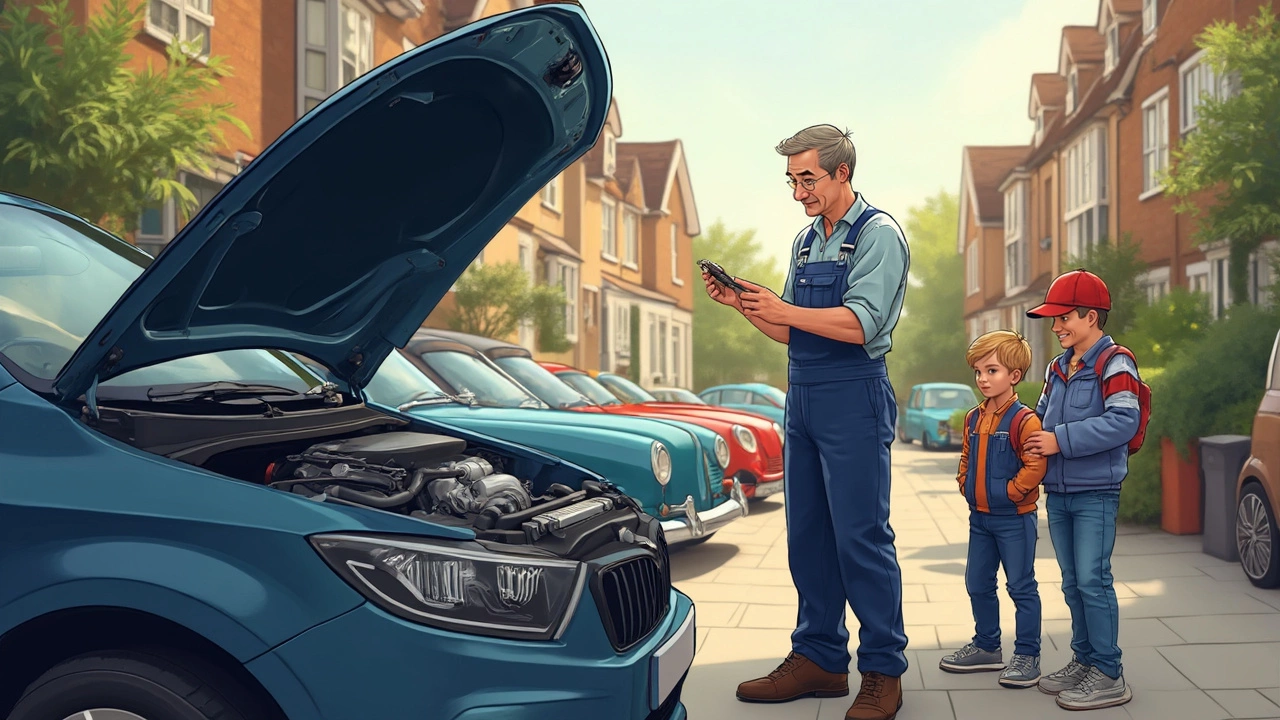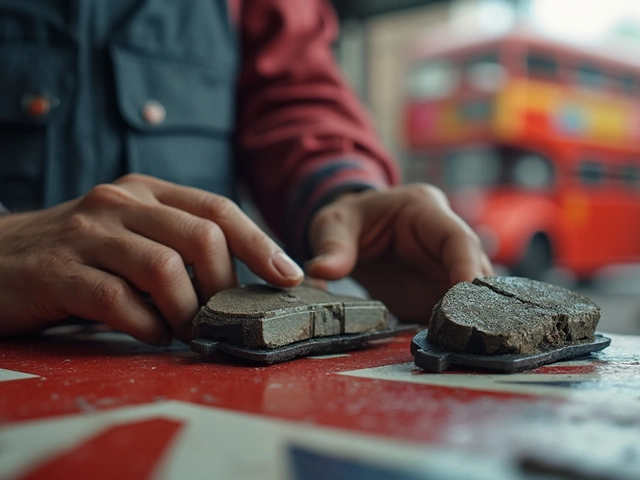Modern Cars: Practical Tips for Maintenance and Parts
If you own a newer car, you probably love the tech and comfort it offers. But modern cars also need the right care to keep those features working. Below are straight‑forward steps you can follow to avoid costly repairs and enjoy a smooth drive.
First, keep an eye on the basics: oil level, tyre pressure, and brake pads. Even the most advanced engines will suffer if the oil is low or the tyres are underinflated. Check oil every 5,000 miles or before long trips, and use the pressure numbers on the driver’s door jamb. Good tyre pressure improves fuel economy and extends tyre life – a win for your wallet.
Common Maintenance Mistakes in Modern Cars
Many owners skip the rear brake pads when they replace the front ones, thinking the front does all the work. In reality, uneven wear can lead to pulling, longer stopping distances, and premature wear on the front set. Replace both sides together whenever possible.
Another frequent error is ignoring the air filter. Premium filters promise better performance, but a clogged filter reduces airflow, hurting fuel efficiency. A simple check when you change the oil can tell you if it needs swapping. Don’t over‑pay for “expensive” filters unless you see a clear benefit for your driving style.
Suspension damage is also often overlooked. Driving on a bent suspension or bad shocks may feel OK for a short ride, but it stresses other components and hurts handling. Look for uneven tyre wear, a rattling noise, or a dip when you press the car’s corner. If you spot these signs, get the suspension inspected before it turns into a safety issue.
Choosing the Right Parts for Your Modern Ride
When you shop for parts, stick to reputable brands that match your car’s specifications. For example, alloy rims add style and reduce unsprung weight, but they need proper cleaning to avoid corrosion. Use a gentle wheel cleaner and a non‑abrasive brush – you’ll keep the shine without scratching the finish.
If you need new spark plugs, look for the heat range recommended by the manufacturer. Using the wrong type can cause misfires or reduced power. A quick visual check of the plug tip can tell you if it’s worn – brown or black deposits mean it’s time for a swap.
Finally, consider professional fitting for items like tyres, clutch kits, or complex brake work. A certified shop ensures torque settings are correct and that parts are installed safely. This saves you from hidden damage that could appear weeks later.Keep a simple maintenance log. Write down oil changes, tyre rotations, brake inspections, and any parts you replace. Over time you’ll see patterns and catch issues before they become expensive.
Modern cars give you comfort, safety, and performance. With a few easy habits – regular checks, using the right parts, and addressing problems early – you’ll enjoy those benefits for years to come.
 22 April 2025
22 April 2025
Do Cars Have Radiators Anymore? The Real Story About Modern Cooling Systems
Wondering if cars still have radiators? This article gets straight to the point, showing why most vehicles today—gas, hybrid, and even many electric—still rely on radiators for cooling. Find out how radiator designs have changed, which cars break the mold, and smart ways to keep your car running cool. Learn some surprising facts you probably didn't know about car cooling systems.
Latest Posts
Tags
- car maintenance
- engine oil
- spark plugs
- brake pads
- engine performance
- vehicle maintenance
- spark plug replacement
- windshield wipers
- fuel pump
- suspension parts
- clutch replacement
- oil change
- clutch kit
- car suspension
- car performance
- air filters
- car radiator
- exhaust systems
- fuel pump replacement
- engine misfire






0